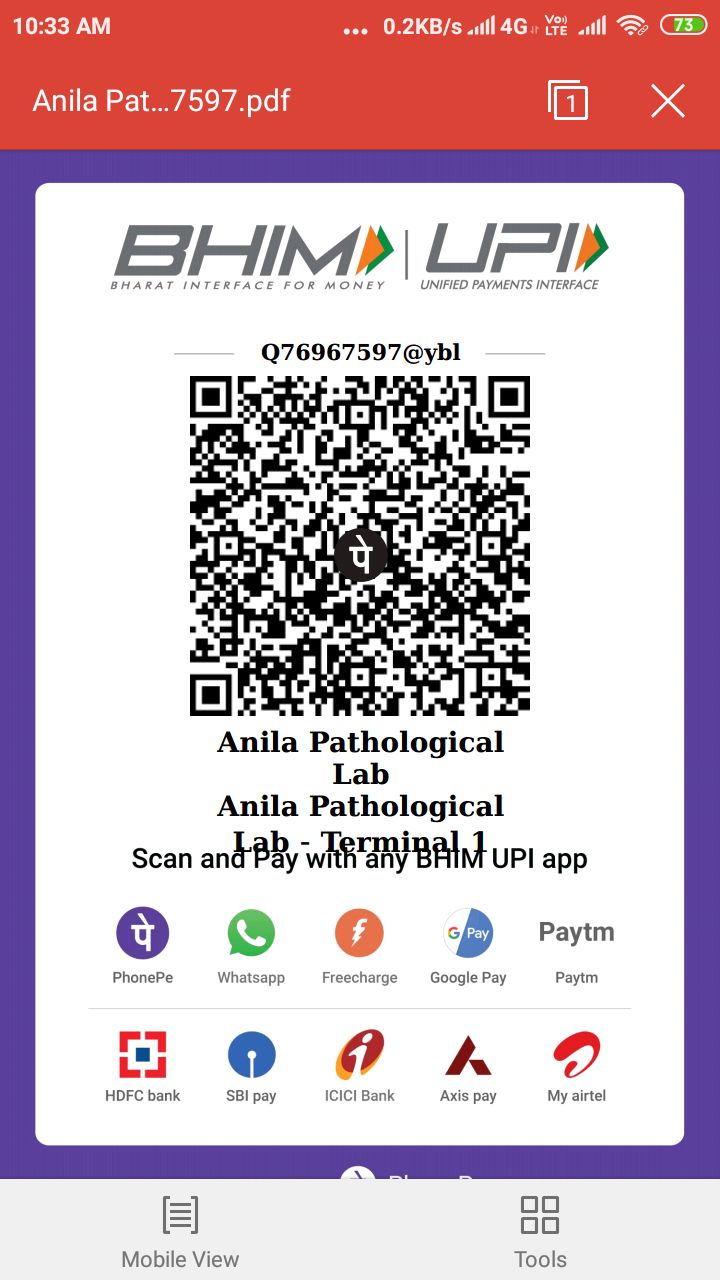How to Avoid e-Transfer Scams when using Interac: Interac e-transfer is one of the most popular methods of sending money. While this is often touted as a safe way to transfer funds, it’s not exactly foolproof. There are many ways to make Scams of e-transfers, which is why you need to be careful how you use your accounts.
Table of Contents
What are E-Transfer Scams
Generally speaking, there are two types of e-transfer fraud. This can happen when the money deposited into your account is returned to the sender or when your information is compromised and money is sent from your account.
That’s right, money sent to you via e-transfer can be returned to the sender. This often happens when money is sent to the wrong account by mistake or fraud. Now you might be wondering what is the point of the sender having a paper trail. Well, the scammer is probably sending money from an account they have access to, but don’t own Basically, there are two victims here. You and the account owner are sending fraudulent money.
The key to this scam is an automatic deposit. When you turn them in, the bank can say you never owned the money. However, if you answer the security questions correctly, you can say that you were sent money knowingly. If the money comes from the hacked account, it will be returned to the rightful owner.
What to do when you’re a victim of e-transfer fraud
Being a victim of e-transfer fraud is bad enough. Many people will feel ashamed because they have been cheated out of money or goods. While that sinking feeling isn’t going away anytime soon, there’s no point in mourning. Here are some steps you can take to see if you can get some of your funds back and protect yourself from future fraud attacks.
Change your password
You should change your password immediately, but it is not easy. For all you know, your computer has malware If you change your password on an infected system, you may be giving your new information to the same thief.
Switch to a different system and change all your passwords. You may want to change the answer to an individual question. While it may be your banking information that’s been compromised, you’ll want to update any important passwords, including your email and wireless service provider.
Contact your financial institution
If you are a victim of e-transfer fraud, the first thing you should do is contact your financial institution. You will want to tell them exactly what happened and why you believe you are a victim. Not much to say other than that the e-transfer was not done by you. Your bank will immediately initiate an investigation and check your bank accounts
If you don’t contact your bank immediately, you could be victimized again the next day. The daily limit for e-transfer is $3,000 (varies by bank). Once the thieves got that money, they would try again the next day. If you don’t take any extra steps to protect yourself, you could find yourself paying more.
Online e-transfer scam
The most common e-transfer scam occurs when people sell things online. Such as a laptop or cellphone. The seller is asking $1,000, and the buyer is willing to pay immediately. Even if the person is willing to meet in person, you should still ask for cash. Remember, accounts can be hacked, so a buyer can send money from a compromised account to a recipient. Once that person realizes this, they will tell their bank that they have been defrauded and the transaction will eventually be reversed. In the end, you are left with nothing.
Another obvious e-transfer scam is when the buyer is willing to pay you extra when you send it. Instead of the $1,000 asking price, they’ll offer you $1,200 if you ship it right away. If you ask for an in-person meeting, they will make any excuse to avoid it. Generally speaking, if someone offers you more money, it’s probably a scam.
Text Message Scam
From time to time, you may receive a text message notification that you are owed a refund, that you have won a lottery, won a prize, or that you need to update your account password. These are all scams. Identity thieves are trying to get you to give up your financial information, social security numbers, and account numbers.
Will I get my e-transfer fraud refund?
If your account is compromised, there’s a good chance you’ll get your money back. The bank will have to investigate, and your account may be closed for a while, but you will eventually get your money back.
Now, if you are the recipient of the transfer and it is the sender if the debt is returned due to fraud, it is unlikely that you have any recourse. You could file a police report since it’s still technically fraud, but I can’t bet anything is done about it. Unfortunately, you probably had to learn this costly lesson.
You May Also Like the following:

